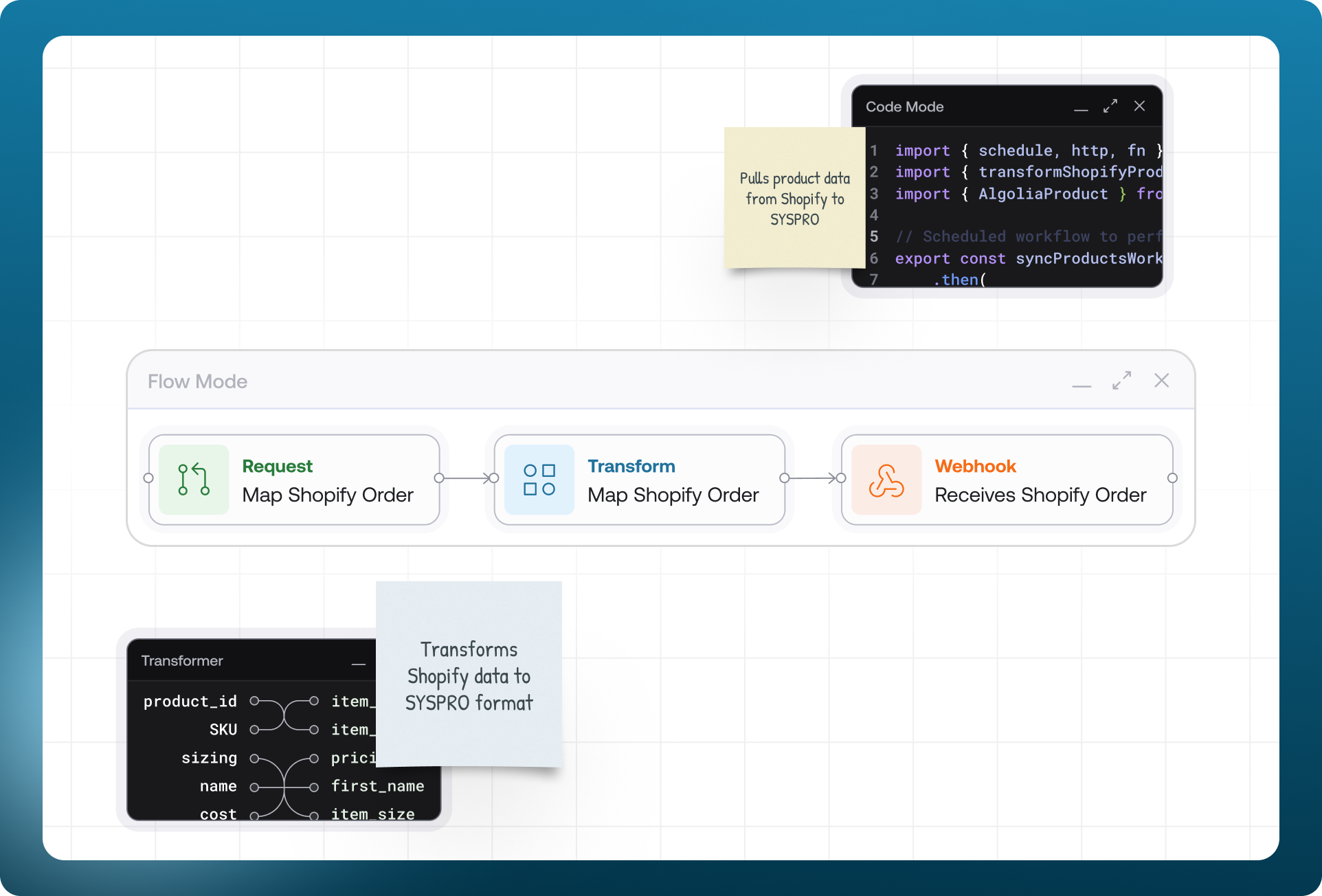The next wave of ERP growth won’t be about who offers the most features, it will be about who delivers the most connected, adaptive, and predictive systems. Versori’s ERP Market Map captures this pivotal moment, showing where the industry stands today and where it’s heading next.

The Enterprise Resource Planning (ERP) market is evolving faster than ever. As artificial intelligence (AI), automation, and cloud-native platforms reshape how businesses operate, ERP vendors are adapting, and have to differentiate themselves from the long-standing market leaders, such as Netsuite, Epicor, Infor and so on.
At Versori, our ERP Market Map provides a snapshot of this transformation, mapping more than 80 ERP vendors by industry focus, company stage, and AI maturity. The result is a clearer view of who’s leading, who’s emerging, and how technology is redefining the competitive landscape.
ERP systems have always thrived on industry expertise. Vendors continue to differentiate by delivering solutions tailored to specific verticals.
This growing specialisation underscores a key trend: the future of ERP isn’t one-size-fits-all, it’s vertical-first.
The ERP market spans the full maturity spectrum, from nimble startups to publicly traded giants.
This blend of disruptors and incumbents highlights a healthy ecosystem where competition fuels innovation.
Perhaps the most telling dimension of today’s ERP landscape is AI maturity. The Versori framework categorises vendors into three tiers:
As AI transitions from optional to essential, the ERP market is defining what “intelligent enterprise software” means.
The next wave of ERP growth won’t be about who offers the most features, it will be about who delivers the most connected, adaptive, and predictive systems. As AI becomes a fundamental part of ERP architecture, we’ll see a reshuffling of market leaders and the emergence of entirely new business models. Versori’s ERP Market Map captures this pivotal moment, showing where the industry stands today and where it’s heading next. The message is clear: the future of ERP is vertical, and AI-connected.
Interested in exploring where your ERP solution fits into this landscape? Reach out to Versori to learn how we help vendors and enterprises connect, integrate, and scale smarter.
.png)